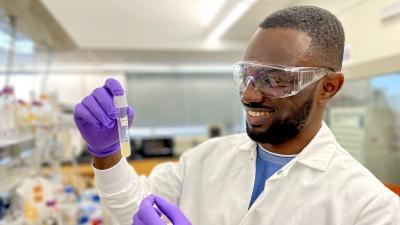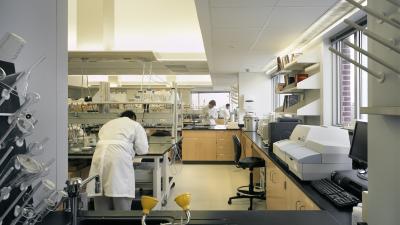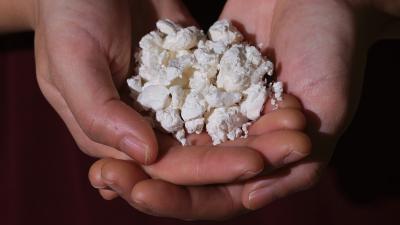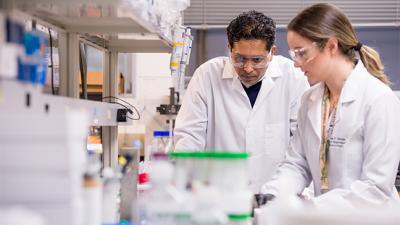Professor Jonathan Dordick Receives Two Prestigious Honors
Jonathan Dordick, Ph.D., Vice President for Strategic Alliances and Translation and Institute Professor of Chemical and Biological Engineering at Rensselaer Polytechnic Institute (RPI), has recently received two prestigious honors.
RPI To Host Panel on Sleep and Your Health April 16
We all know how a bad night’s sleep can affect how we feel. In fact, the disruption of our sleep has been implicated at many levels of human disease, including cancer, diabetes, heart disease, and disorders associated with aging.
Forensic Scientists To Present at RPI
Rensselaer Polytechnic Institute students will have the opportunity to meet with and learn from forensic scientists and other professionals from the New York State Police (NYSP) Crime Laboratory System at 2 p.m. on March 26 at the Shirley Ann Jackson, Ph.D. Center for Biotechnology and Interdisciplinary Studies.
Scientists’ Discovery Could Reduce Dependence on Animals for Vital Anti-Blood Clot Drug
Heparin, the world’s most widely used blood thinner, is used during procedures ranging from kidney dialysis to open heart surgery. Currently, heparin is derived from pig intestines, but scientists at Rensselaer Polytechnic Institute have discovered how to make it in the lab. They have also developed a path to a biomanufacturing process that could potentially revolutionize how the world gets its supply of this crucial medicine.
RPI Doctoral Student Honored as Rising Black Scientist
Steve Eshiemogie, a doctoral student studying chemical and biological engineering at Rensselaer Polytechnic Institute, has been recognized as an honorable mention in the annual Cell Press Rising Black Scientists Awards for his essay “From village to lab: An African scientist’s quest for a sustainable future.” [MS1] More than 350 students across a range of scientific disciplines applied.
RPI Grad, Now Postdoc, Wins Prestigious Koerner Family Foundation Fellowship
Joan Llabre, Ph.D. '23, who received her doctorate in biomedical engineering from Rensselaer Polytechnic Institute this past fall and is now a postdoctoral researcher at the Institute, has won the Koerner Family Foundation Fellowship, which supports engineers pursuing careers in research.
RPI Scientists Developing Gene Editing Technology to Treat Alzheimer's
This year, Rensselaer Polytechnic Institute researchers will begin work on a radically new approach to treating and preventing genetic diseases such as Alzheimer’s.It’s thanks to a grant from the National Institutes of Health’s TARGETED Challenge, which funds scientific research on ways to deliver gene editing tools directly to cells in the human body.
RPI Researchers Engineer Bacteria That Eat Plastic, Make Multipurpose Spider Silk
For the first time, researchers have used bacteria to “upcycle” waste polyethylene
Scientists 3D-print hair follicles in lab-grown skin
A team led by scientists at Rensselaer Polytechnic Institute has 3D-printed hair follicles in human skin tissue cultured in the lab. This marks the first time researchers have used the technology to generate hair follicles, which play an important role in skin healing and function.








